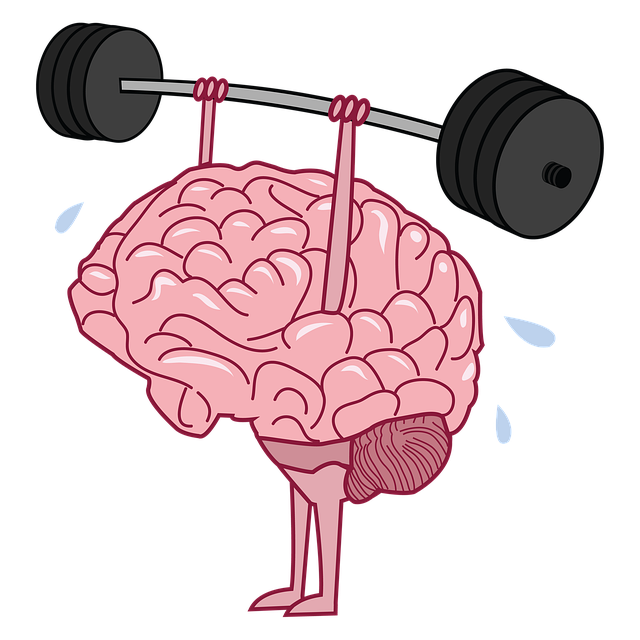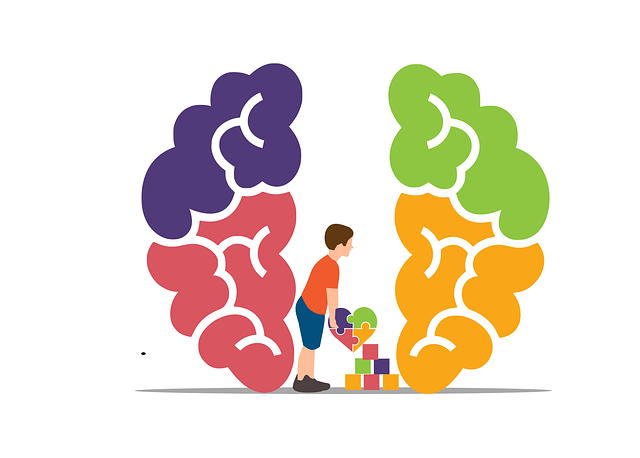Crisis Intervention Teams (CITs), trained by specialists like Littleton Stress Management Therapy, are crucial for immediate crisis support in communities. They offer de-escalation, problem-solving, and mental wellness coaching through regular training sessions focusing on mindfulness, conflict resolution, and coaching. These teams act as a safety net until long-term solutions are established, with training programs emphasizing education, practice, emotional support, and interactive simulations. Enriched by practices like Mindfulness Meditation, Mental Health Policy Analysis, and Conflict Resolution Techniques, CIT training contributes to community mental health and safety, equipping individuals to manage stress and respond effectively during crises. Through hands-on drills mimicking diverse scenarios, healthcare providers gain resilience, teamwork skills, and culturally sensitive techniques for compassionate interventions.
Crisis intervention teams (CITs) are specialized groups trained to handle high-stress, traumatic situations. With mental health crises on the rise, effective CIT training programs have become more crucial than ever. This article explores the vital role of these teams in emergency response and delves into the key components of successful training, including the unique approach of Littleton Stress Management Therapy. We discuss the benefits for community mental health, safety, and real-world application through hands-on training.
- Understanding Crisis Intervention Teams: A Vital Resource in Times of Emergency
- The Role of Littleton Stress Management Therapy in Training These Specialized Teams
- Key Components of Effective Crisis Intervention Team Training Programs
- Benefits and Impact on Community Mental Health and Safety
- Preparing for Real-World Scenarios: Hands-on Training and Practice Drills
Understanding Crisis Intervention Teams: A Vital Resource in Times of Emergency

In moments of crisis or emergency, having a dedicated team ready to provide immediate support can make all the difference. Crisis Intervention Teams (CITs) are specialized groups of individuals equipped with the knowledge and skills to de-escalate high-stress situations, offering vital assistance to those in need. These teams play a crucial role in communities across the nation, including Littleton Stress Management Therapy areas, where they act as a safety net for individuals facing mental health crises.
CITs are trained to handle a variety of scenarios, from personal emergencies and traumatic events to public situations requiring collective intervention. The team dynamic fosters collaboration, ensuring a multi-faceted approach to crisis management. Through regular training sessions that incorporate mindfulness meditation, conflict resolution techniques, and mental wellness coaching programs development, CIT members enhance their abilities to provide effective support. This proactive preparation enables them to swiftly navigate challenging environments, offering much-needed assistance until long-term solutions can be implemented.
The Role of Littleton Stress Management Therapy in Training These Specialized Teams

Littleton Stress Management Therapy plays a pivotal role in training crisis intervention teams, offering specialized programs that address the unique challenges faced by healthcare professionals in high-stress environments. This therapy focuses on cultivating emotional intelligence, a key component in effective crisis management. Through its comprehensive curriculum, participants learn to recognize and manage their own emotions, as well as those of others, fostering a deeper understanding and empathy during critical situations.
In addition to emotional intelligence development, these programs emphasize burnout prevention strategies for healthcare providers. By incorporating techniques to enhance inner strength and resilience, Littleton Stress Management Therapy equips team members with the tools necessary to navigate stressful scenarios without succumbing to the demands of their roles. This holistic approach ensures that crisis intervention teams are better prepared to provide compassionate and professional care in even the most challenging circumstances.
Key Components of Effective Crisis Intervention Team Training Programs

Effective crisis intervention team training programs are meticulously crafted to equip individuals with the skills needed to handle high-pressure situations. These programs prioritize a multi-faceted approach, encompassing education, practice, and emotional support. Trainees learn evidence-based techniques for de-escalation, active listening, and conflict resolution, fostering an environment where individuals feel heard, validated, and empowered. Beyond technical skills, these programs focus on cultivating resilience building, self-esteem improvement, and effective mood management strategies to ensure participants can not only respond to crises but also maintain their own well-being.
Key components include interactive simulations, role-playing scenarios, and feedback sessions to enhance real-world application. Moreover, promoting a culture of open communication and team collaboration is paramount. Programs that incorporate Littleton Stress Management Therapy techniques empower individuals to recognize and manage stress responses, further strengthening their ability to remain calm and composed under pressure. Ultimately, successful training fosters a sense of community among participants, enabling them to support one another both personally and professionally.
Benefits and Impact on Community Mental Health and Safety

Crisis intervention team training programs play a pivotal role in enhancing community mental health and safety. By equipping individuals with the skills to recognize and respond effectively during crises, these initiatives foster an environment where those in need receive timely support. The benefits are multifaceted; trained teams can de-escalate high-risk situations, providing immediate relief and preventing potential harm. This proactive approach not only improves individual outcomes but also contributes to a safer, more resilient community.
Littleton Stress Management Therapy, incorporating techniques like Mindfulness Meditation, is often integrated into these training programs. Such practices empower team members to manage their own stress levels, ensuring they remain composed and effective during challenging interactions. Moreover, Mental Health Policy Analysis and Advocacy skills enable participants to understand and advocate for comprehensive mental health services, addressing systemic gaps that may contribute to crisis situations. Conflict Resolution Techniques are also invaluable, teaching teams how to navigate complex interpersonal dynamics, thereby enhancing their ability to provide empathetic support and resolve potential escalations.
Preparing for Real-World Scenarios: Hands-on Training and Practice Drills

Preparing for real-world scenarios is a cornerstone of crisis intervention team training programs. Hands-on training allows participants to practice high-pressure situations in a controlled environment, fostering resilience and quick decision-making skills. Practice drills often mimic diverse crisis scenarios, from mental health emergencies to traumatic incidents, ensuring that the team is well-prepared to handle any situation they may encounter. This immersive approach not only builds confidence but also enhances teamwork, as members learn to communicate effectively under stress.
Littleton Stress Management Therapy incorporates these elements into its healthcare provider cultural competency training, focusing on both technical skills and emotional healing processes. By engaging in realistic simulations, participants gain a deeper understanding of the impact of trauma and learn culturally sensitive approaches to support individuals from various backgrounds. This comprehensive preparation equips healthcare providers with the tools needed to offer compassionate and effective interventions, making them better equipped to navigate complex crisis scenarios with enhanced confidence.
Crisis intervention team training programs, enriched by methodologies like Littleton Stress Management Therapy, play a pivotal role in equipping professionals to handle emergent mental health crises effectively. By focusing on key components such as comprehensive curriculum, hands-on training, and real-world scenario drills, these programs significantly enhance community mental health and safety. The benefits extend far beyond immediate response, fostering a resilient and proactive approach to crisis management that reverberates throughout communities.











